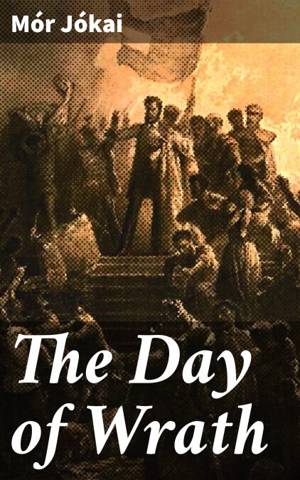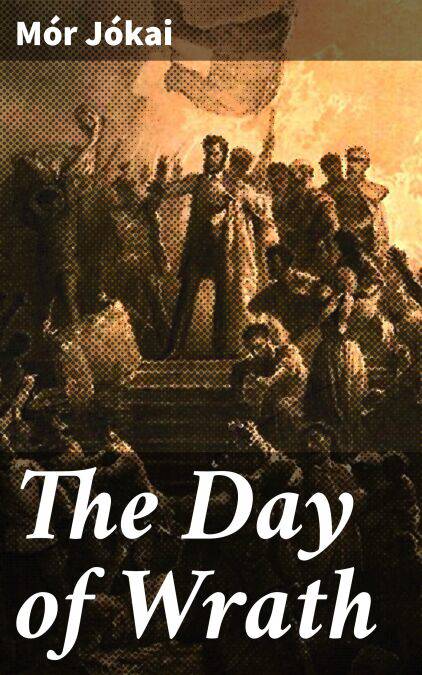
- Afhalen na 1 uur in een winkel met voorraad
- Gratis thuislevering in België vanaf € 30
- Ruim aanbod met 7 miljoen producten
- Afhalen na 1 uur in een winkel met voorraad
- Gratis thuislevering in België vanaf € 30
- Ruim aanbod met 7 miljoen producten
Zoeken
€ 0,49
Omschrijving
In "The Day of Wrath," Mór Jókai weaves a complex tapestry of passion, conflict, and the inexorable forces of history set against the backdrop of Hungary during tumultuous political upheaval. The novel skillfully blends romantic ideals with realism, reflecting its time and place while delving into the mindsets of its characters. Jókai's rich, descriptive prose highlights the emotional turmoil and moral dilemmas faced by individuals caught between their desires and the turbulent world around them. The narrative stands as a poignant reflection on the human experience during a period of strife and uncertainty, inviting readers to ponder the broader implications of their personal choices within a societal context marked by revolution. Mór Jókai, a prominent Hungarian author, was an ardent supporter of national independence and liberation, themes that profoundly influenced his writing. Born in 1825, Jókai witnessed firsthand the socio-political struggles of his nation, which often informed the emotional depth and historical context of his work. His life experiences and commitment to Hungarian culture resonate throughout "The Day of Wrath," making the novel not only a work of fiction but also a significant commentary on national identity and resilience. This powerful narrative is recommended for those interested in Hungarian literature and the exploration of human agency amidst historical turmoil. Jókai's ability to conjure vivid characters and scenarios, while also engaging with broader themes of freedom and societal change, makes "The Day of Wrath" an essential read for both scholars and general readers alike.
Specificaties
Betrokkenen
- Auteur(s):
- Vertaler(s):
- Uitgeverij:
Inhoud
- Aantal bladzijden:
- 274
- Taal:
- Engels
Eigenschappen
- Productcode (EAN):
- 4057664583536
- Verschijningsdatum:
- 2/12/2019
- Uitvoering:
- E-book
- Beveiligd met:
- Digital watermarking
- Formaat:
- ePub

Alleen bij Standaard Boekhandel
Beoordelingen
We publiceren alleen reviews die voldoen aan de voorwaarden voor reviews. Bekijk onze voorwaarden voor reviews.







